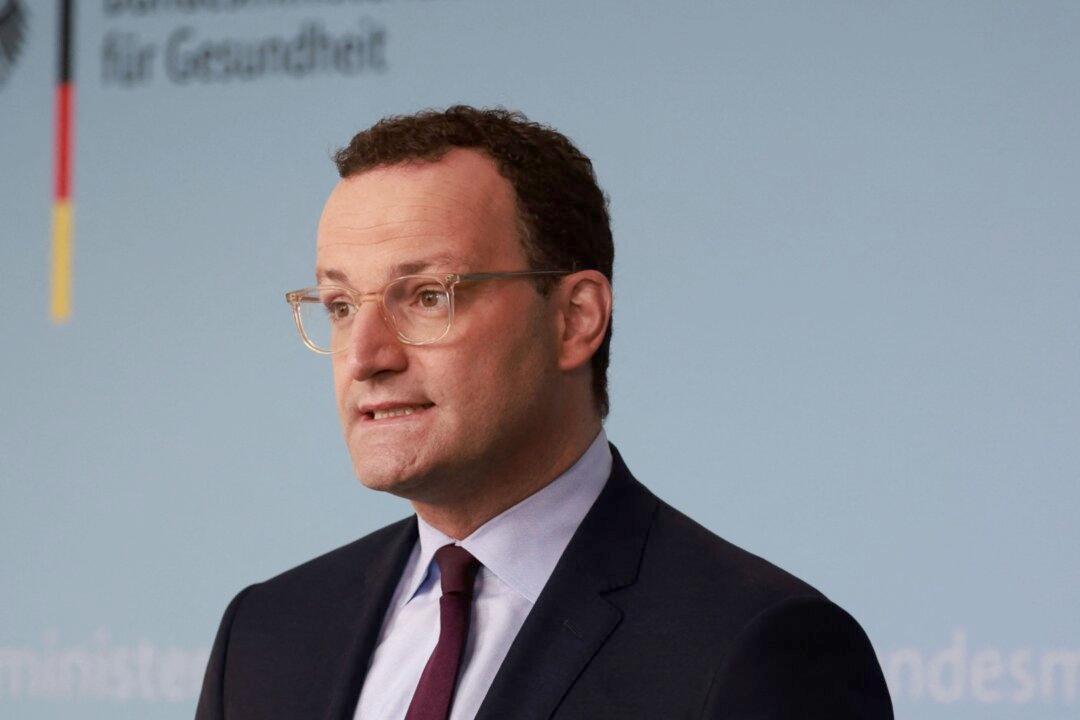Germans who have not been vaccinated against the CCP virus will no longer be entitled to quarantine compensation payments and free COVID-19 tests starting in November, authorities announced on Wednesday.
Health Minister Jens Spahn said after meeting with the country’s 16 federal states on Sept. 22 that the policy will go into effect on Nov. 1 in the country’s latest effort to get more people to take the shot.





